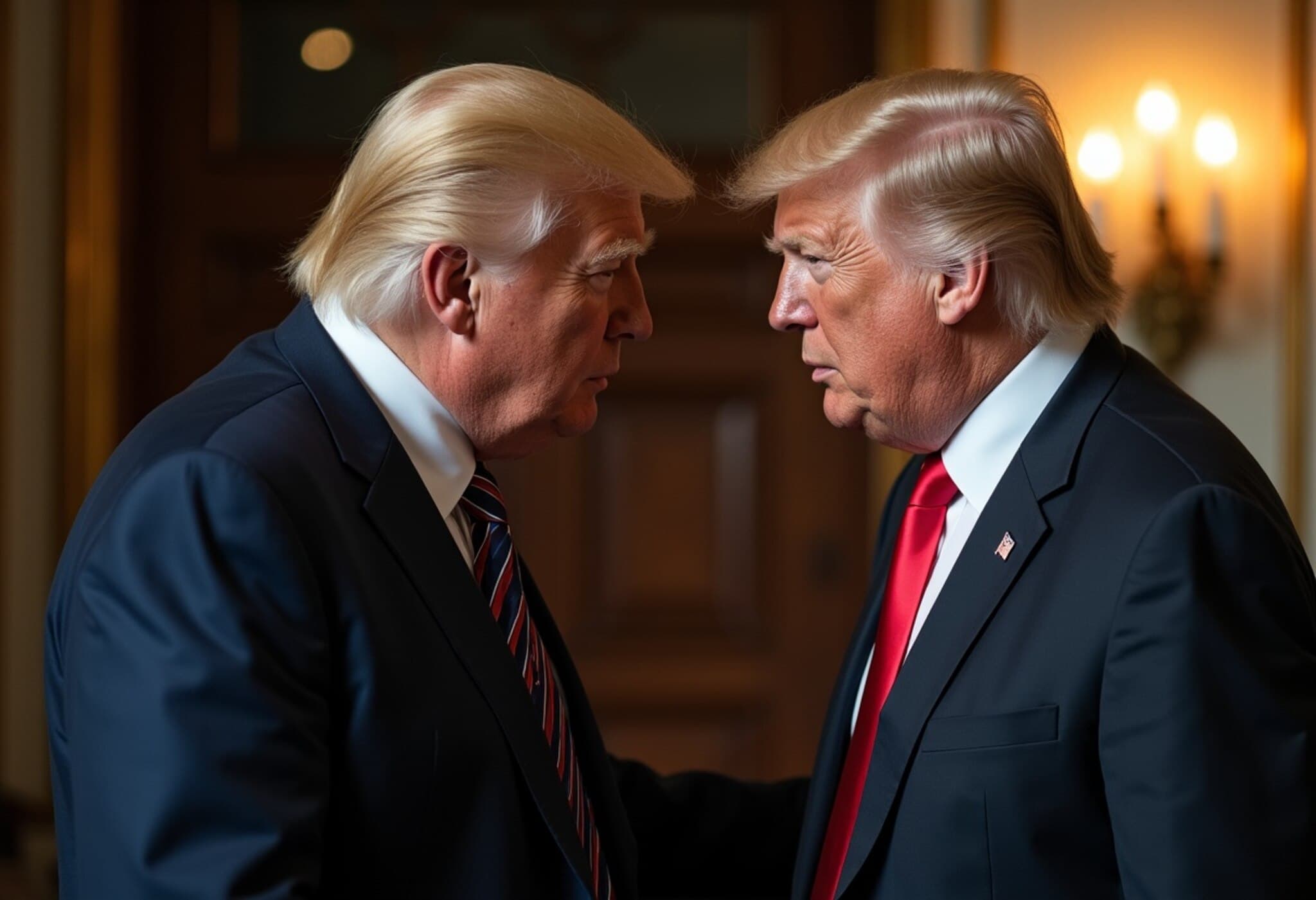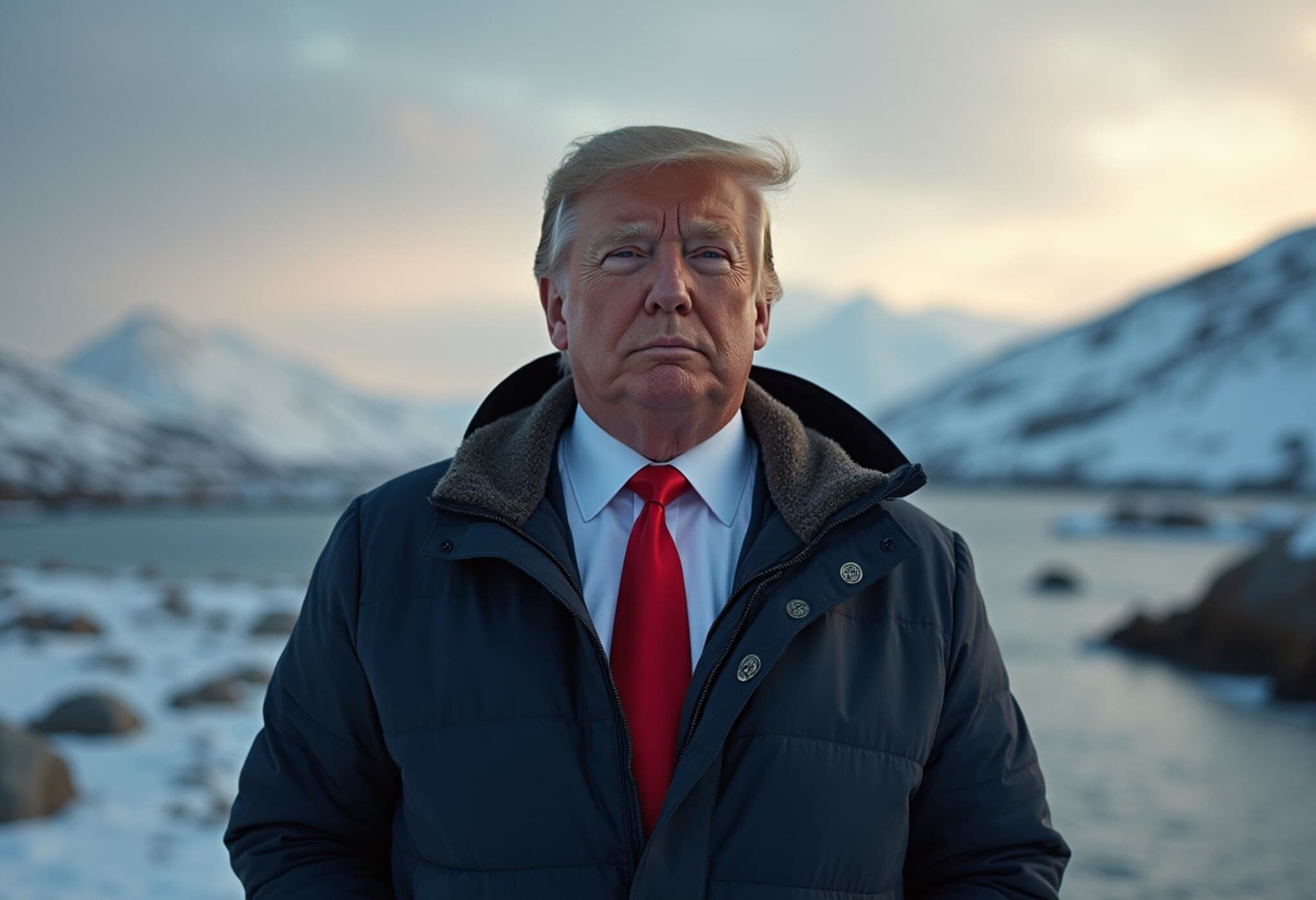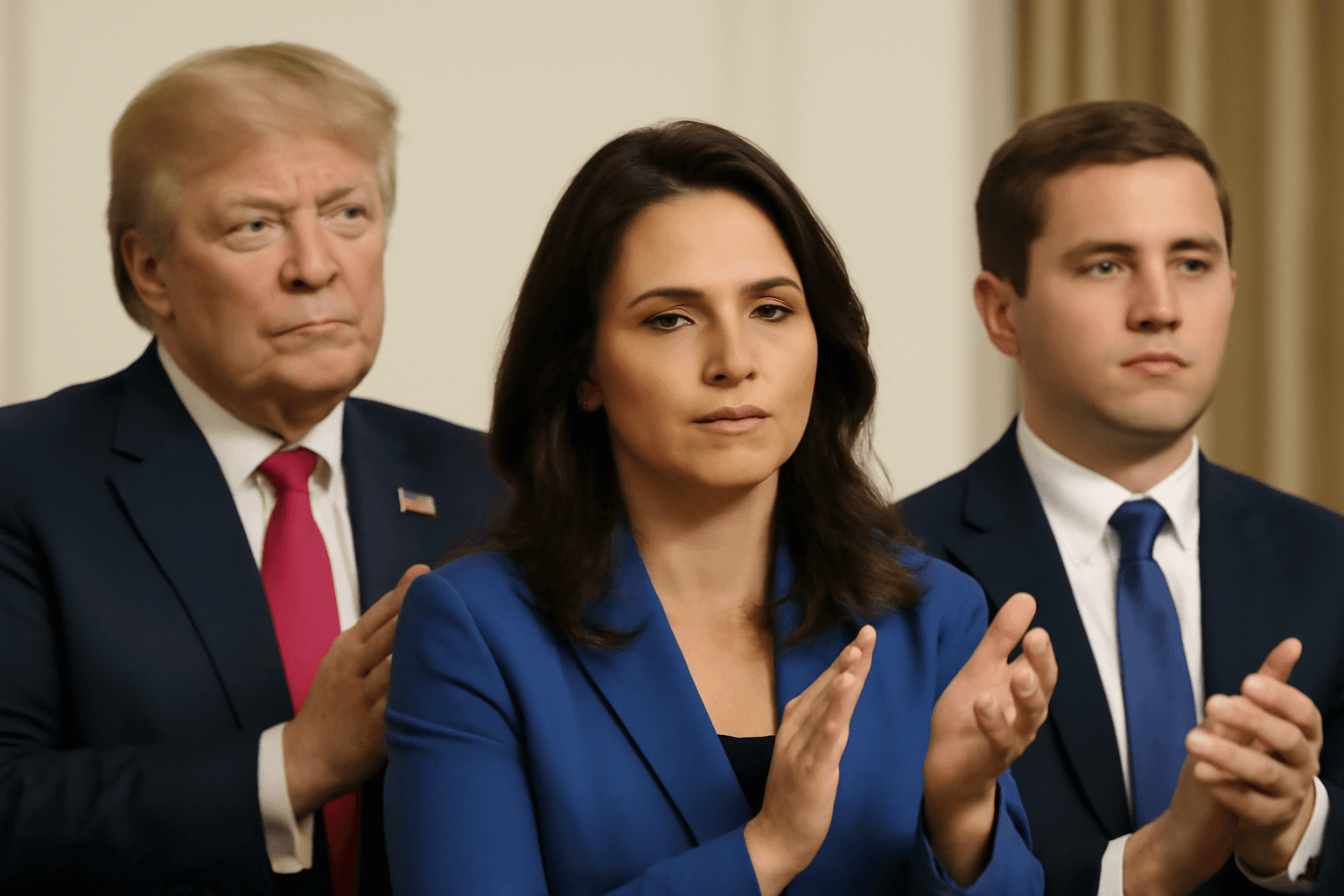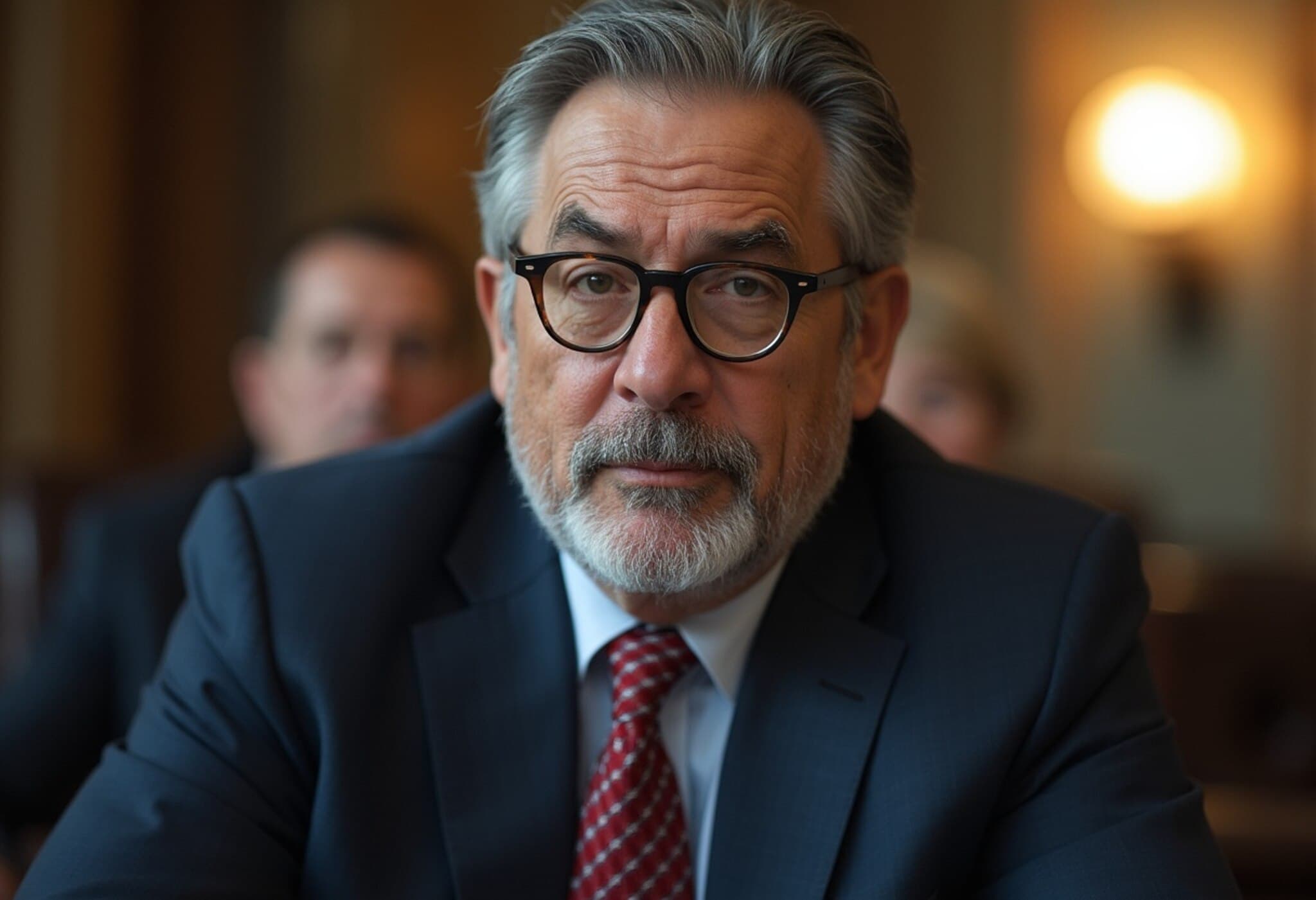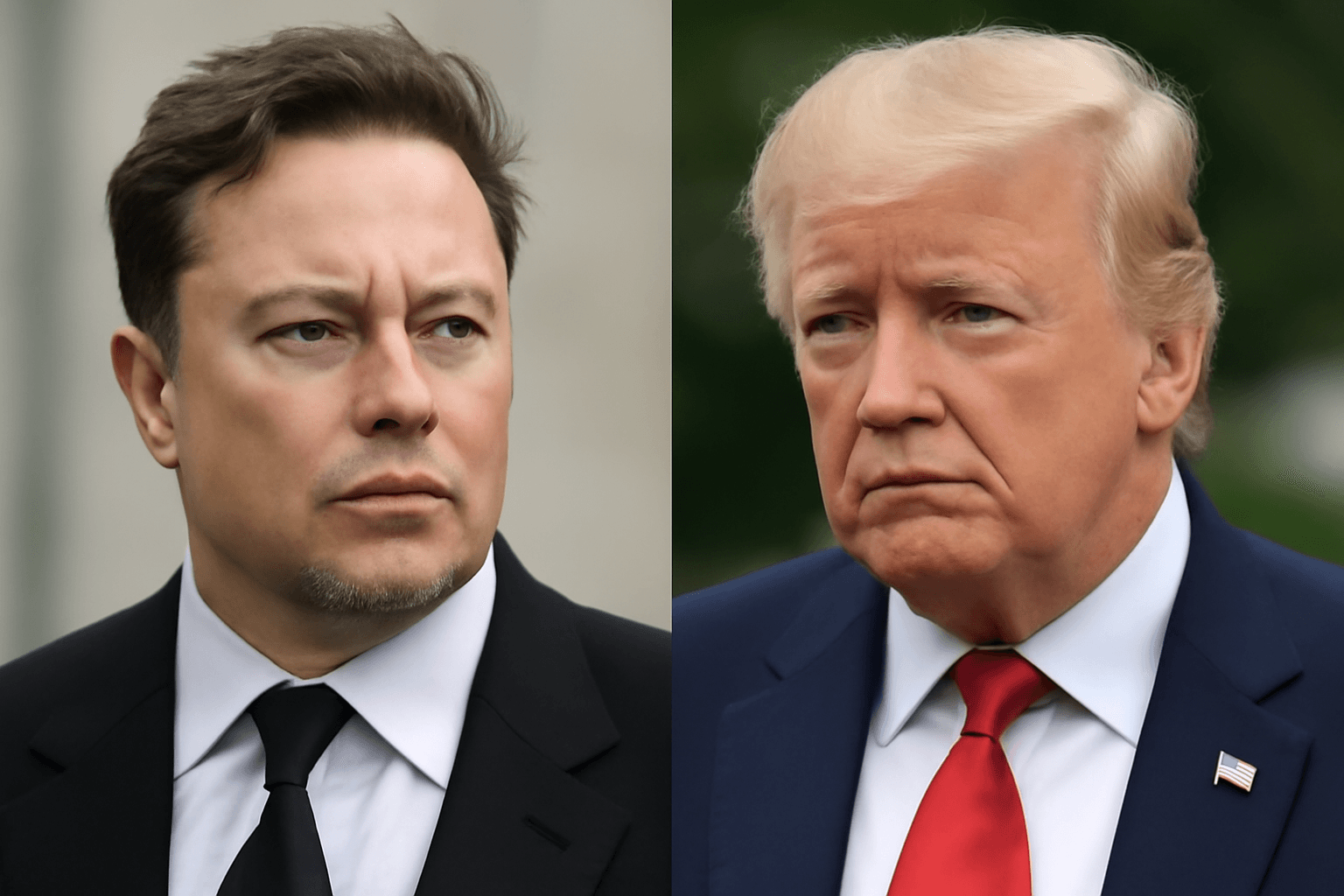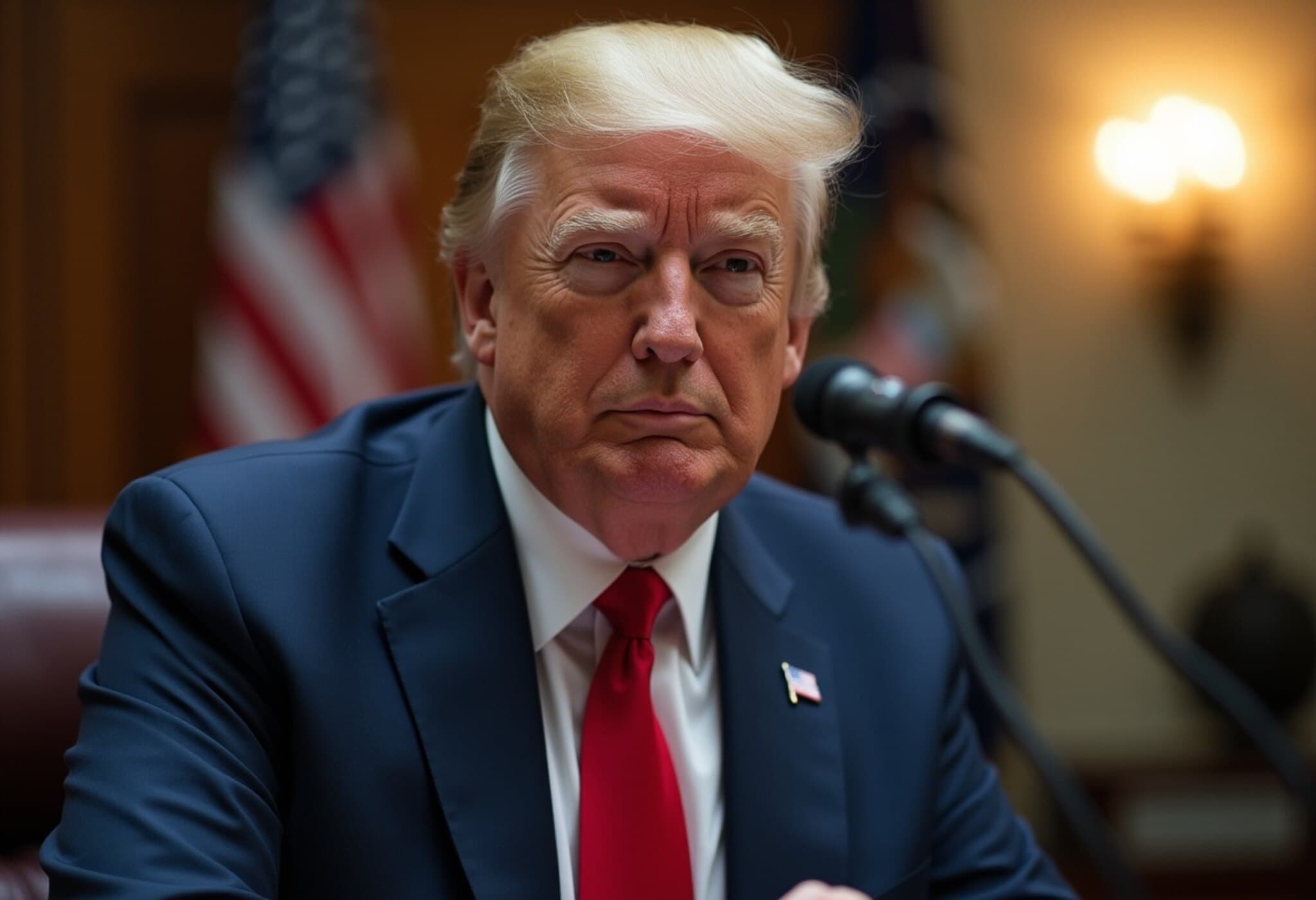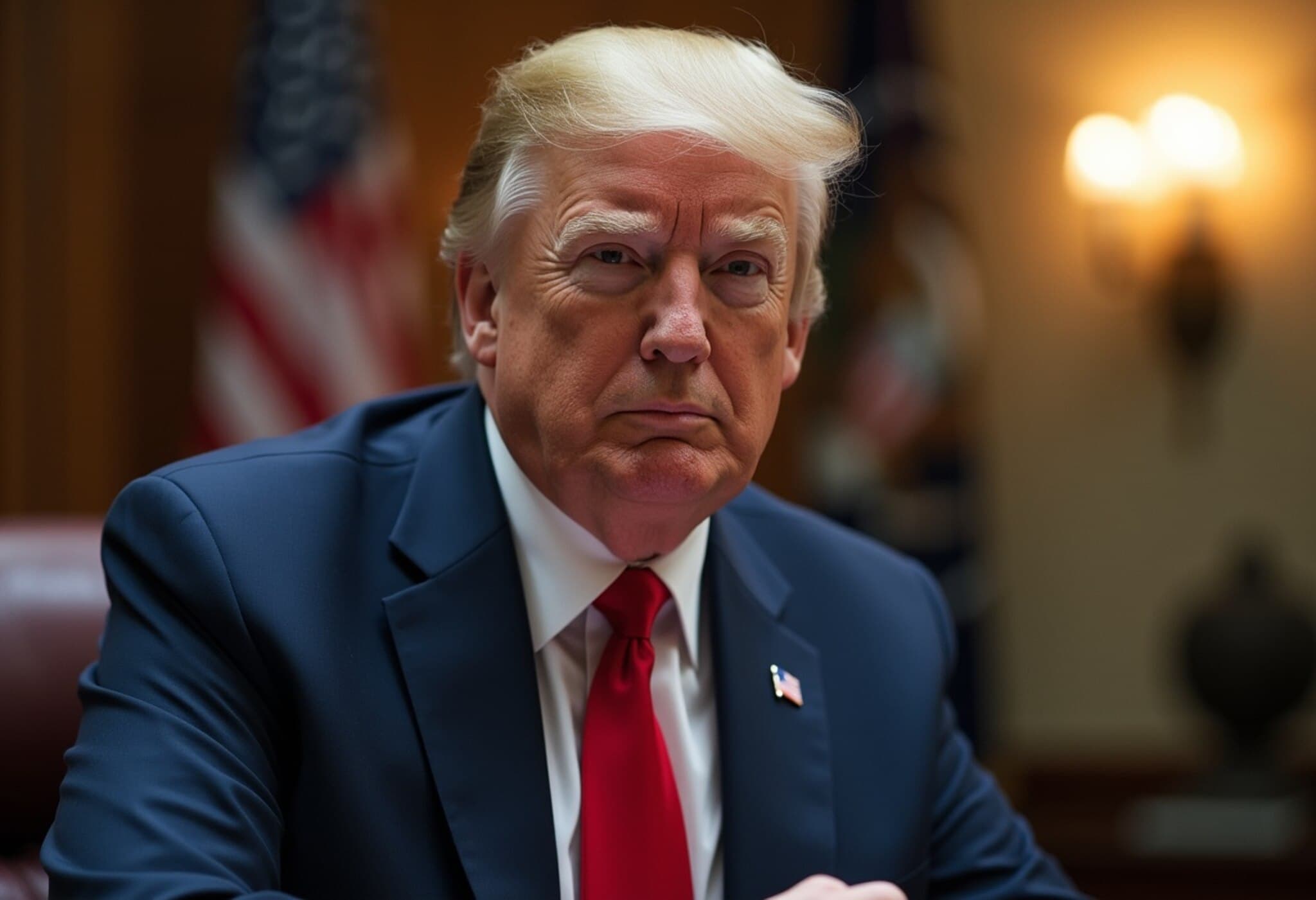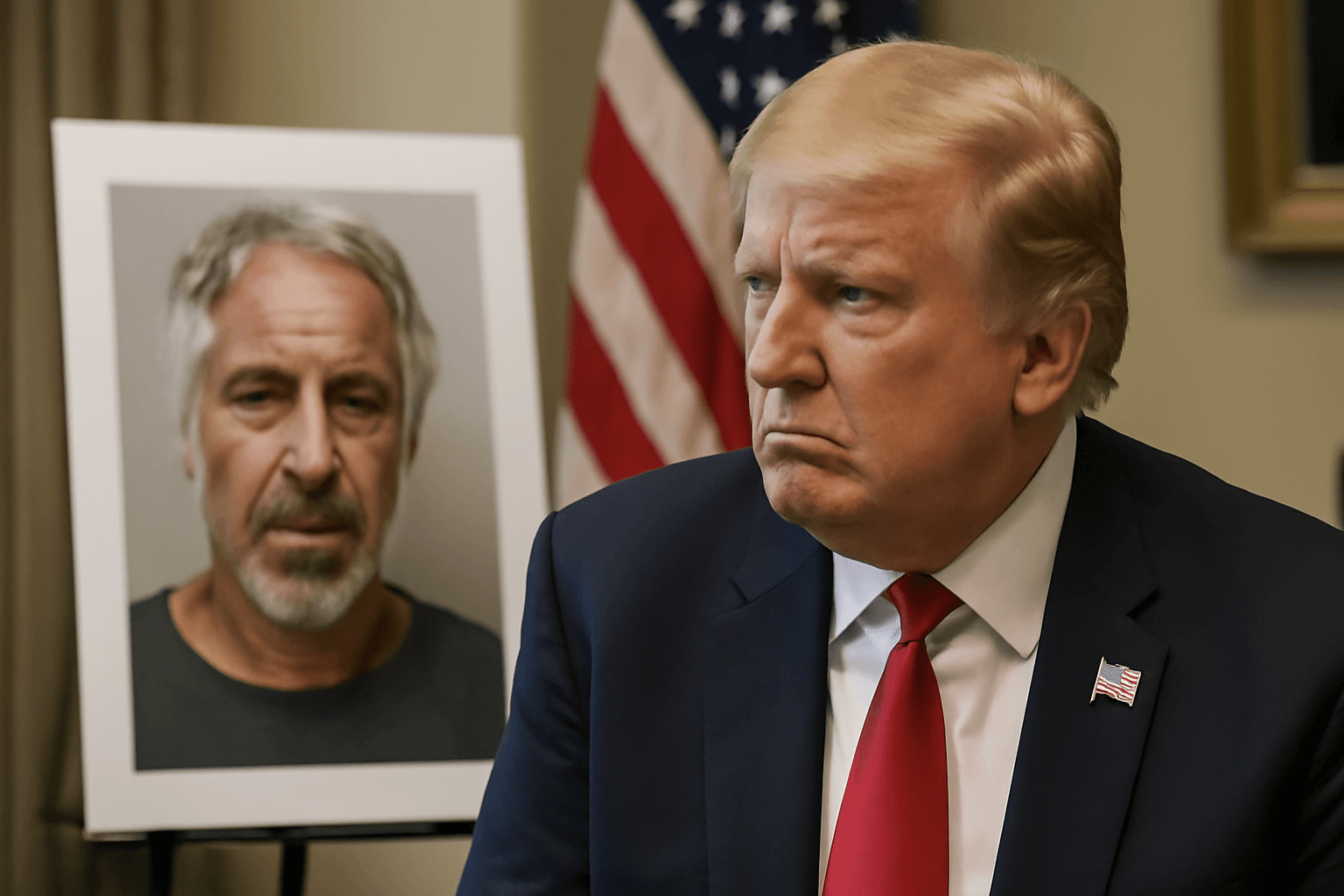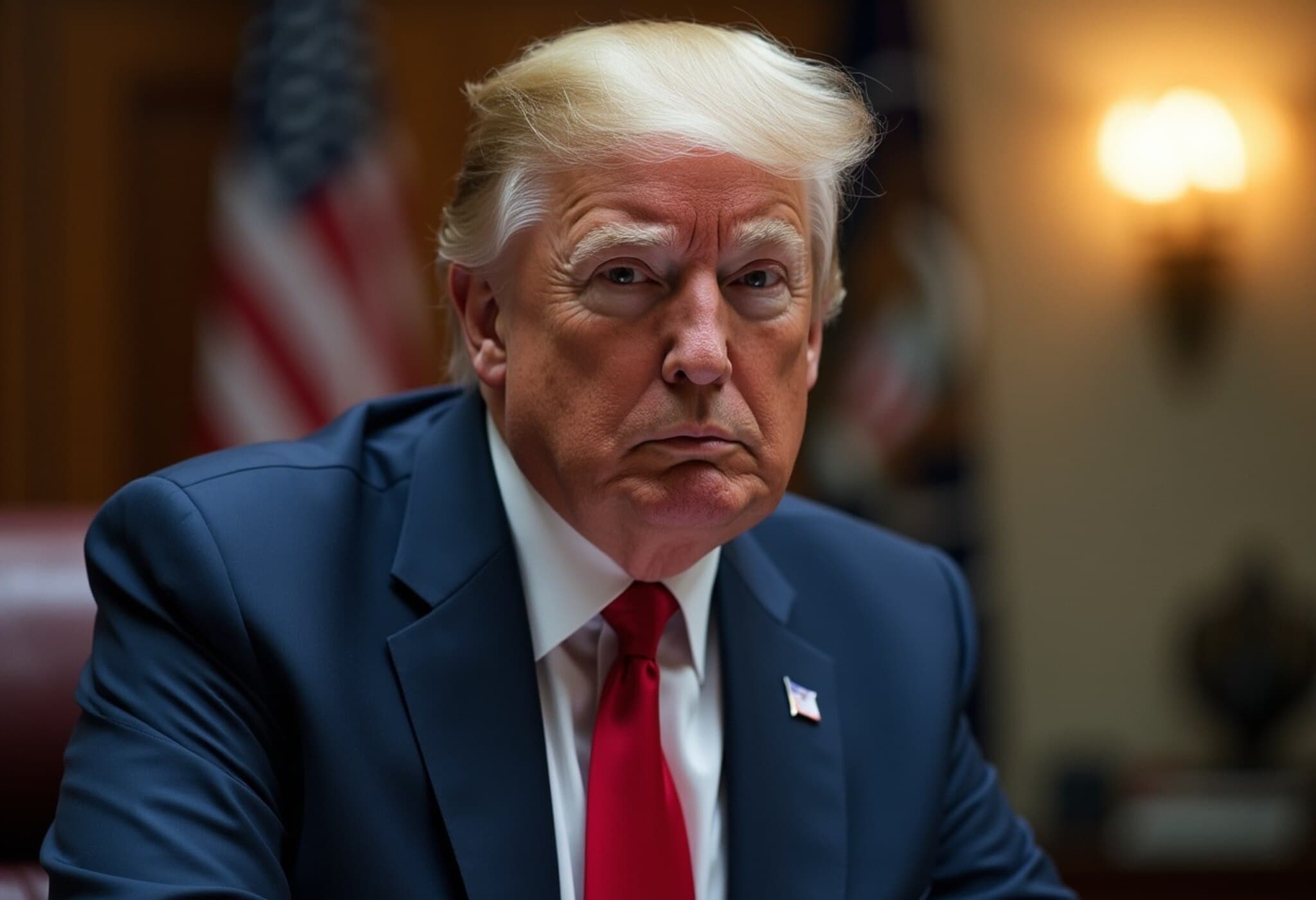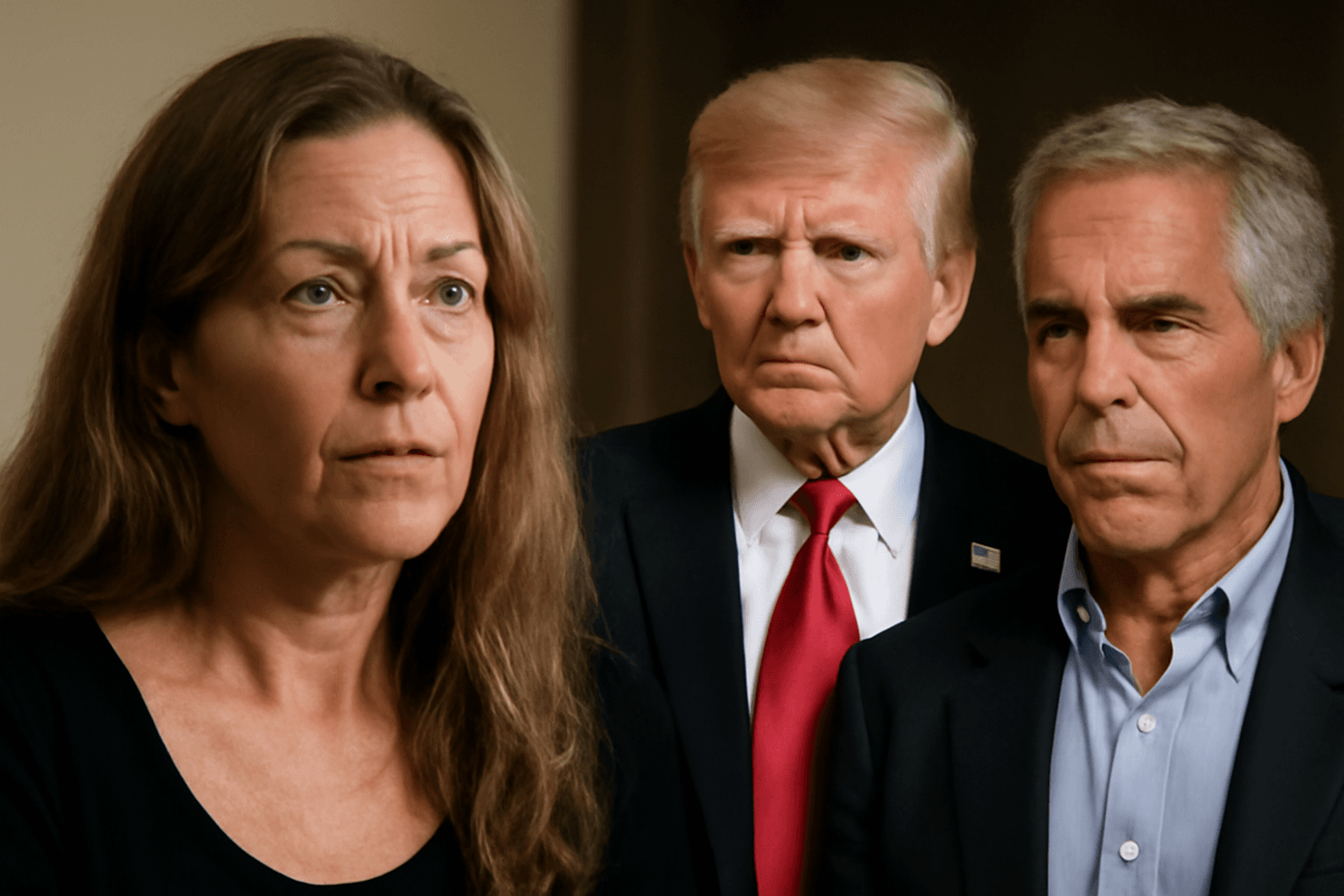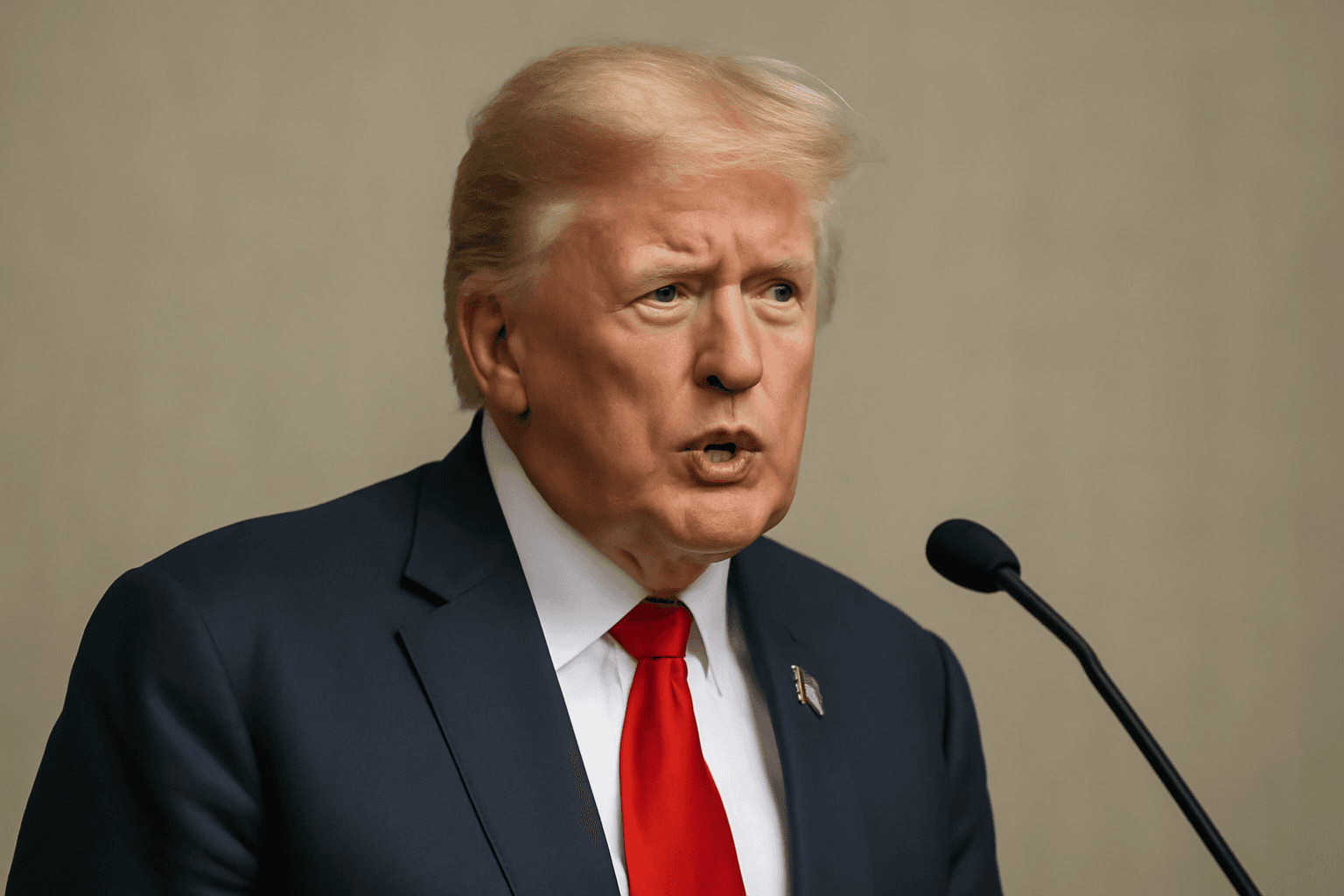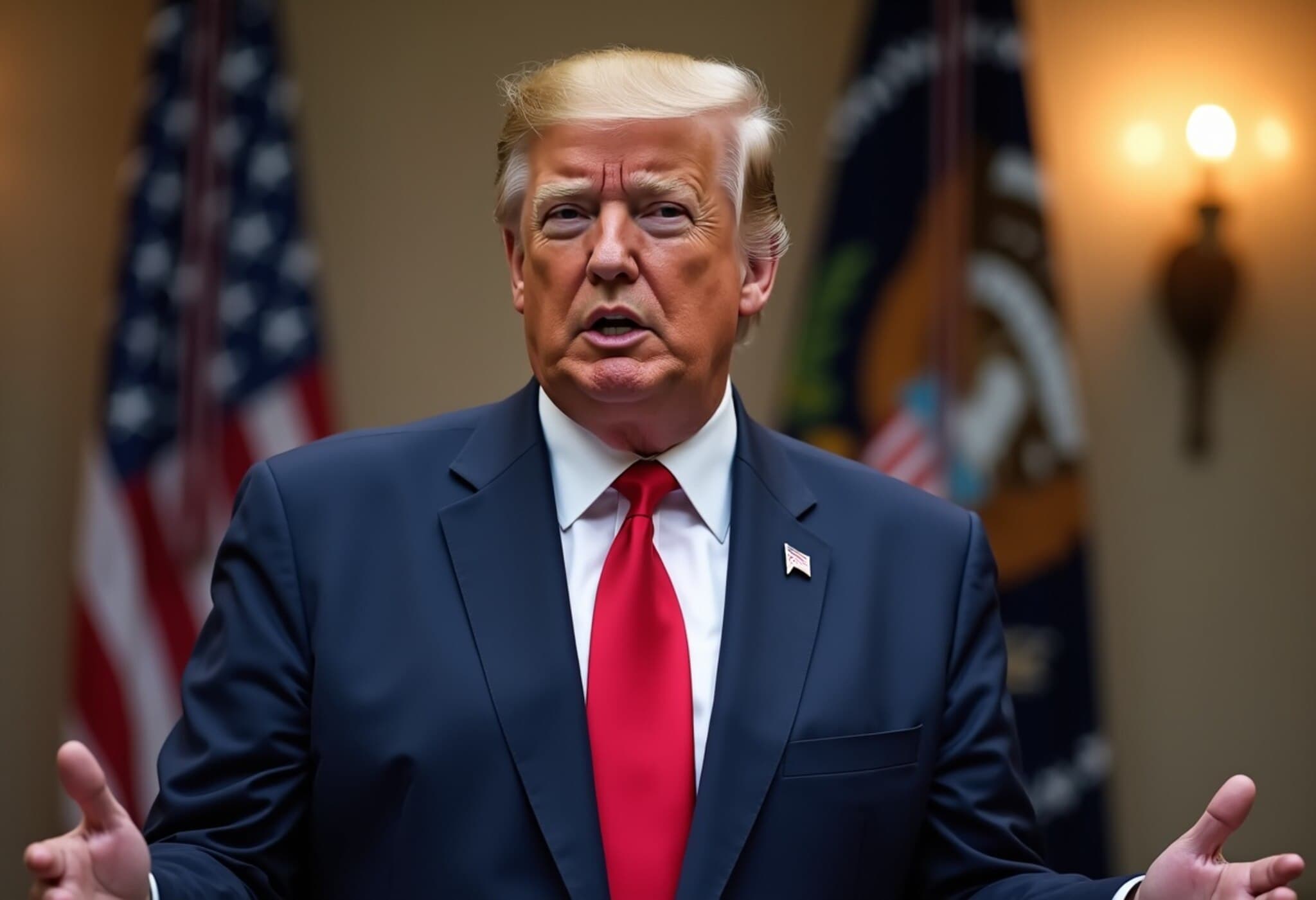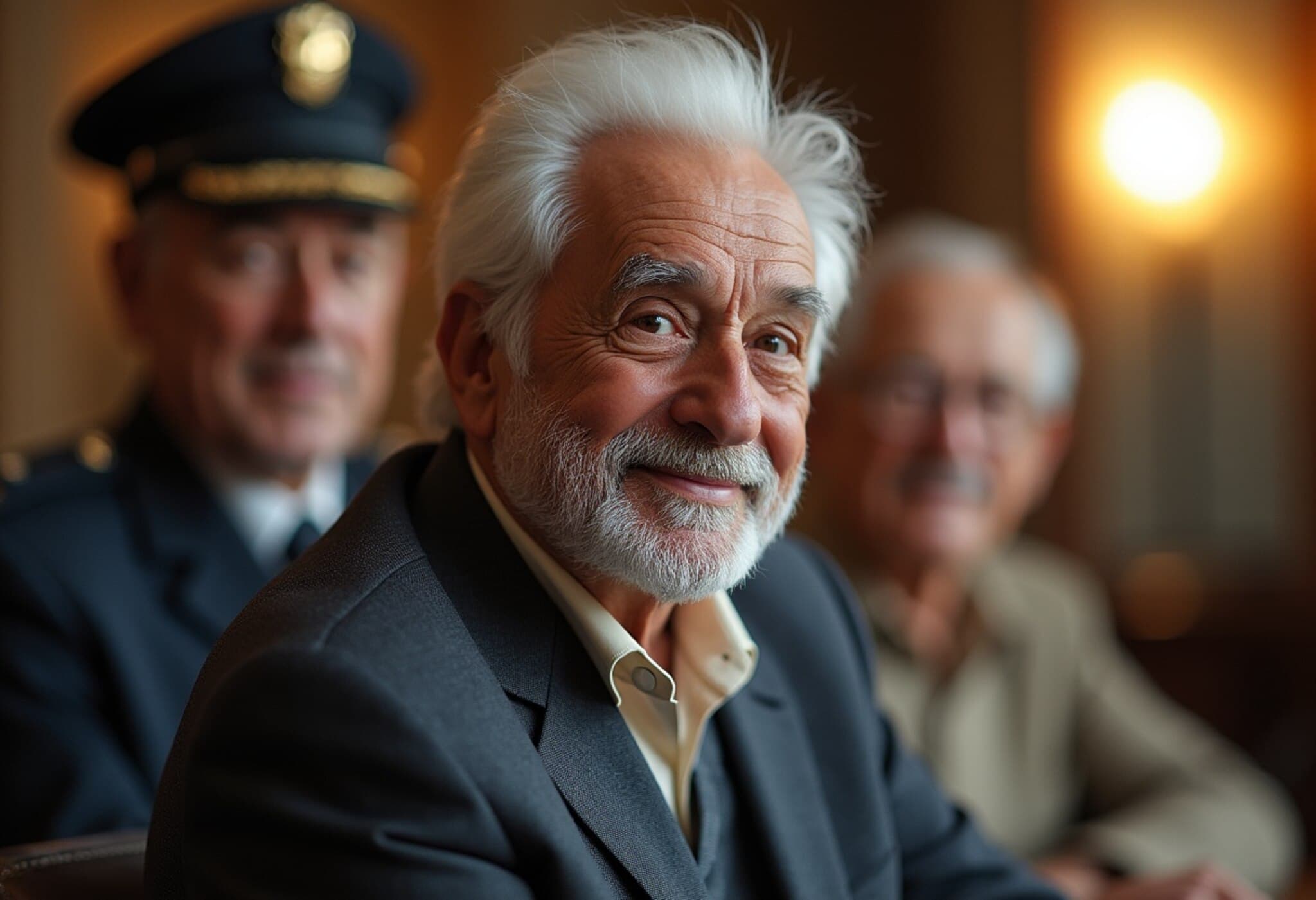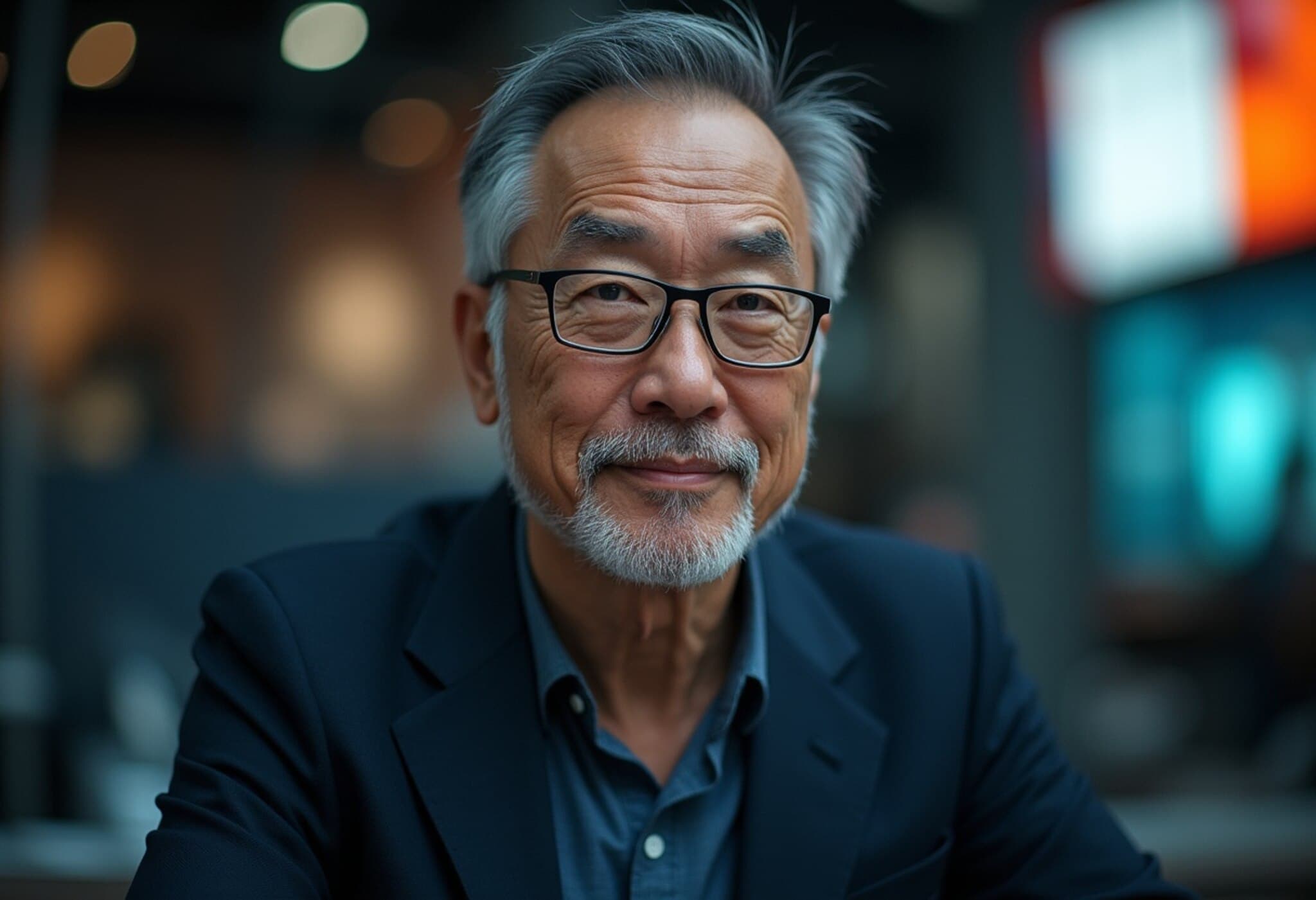Michael Wolff Unveils Epstein's Deep Anxiety Over Trump
In a startling revelation, journalist and bestselling author Michael Wolff has disclosed that Jeffrey Epstein, the disgraced financier, was reportedly terrified of Donald Trump in the last months of his life. Wolff, best known for his explosive book Fire and Fury about the Trump White House, shared these insights during his recent podcast, shedding new light on the complex and turbulent relationship between Epstein and Trump that spanned decades.
From Friends to Favored Rivals: A Decades-Long Complex Bond
Epstein and Trump’s friendship began in the 1980s, rooted in shared lifestyles marked by wealth, parties, and social climbing. But according to Wolff, beneath the surface was a fierce rivalry that oscillated over money, influence, and women—reflecting a clash of egos and social ambitions.
"They were like two playboys vying for the same throne," Wolff explained, comparing their personas to Hugh Hefner’s iconic playboy image. "Their friendship was intertwined with competition, with Trump seemingly edging Epstein out, most notably in 2004 when Trump outbid him on a prime Palm Beach estate. Epstein was, as Wolff quotes, 'really, really pissed.'"
The Fallout After 2016: Fear and Uncertainty
Epstein’s attitude toward Trump darkened significantly after Trump's unexpected rise to the presidency in 2016. What was once a troublesome rivalry turned into palpable fear, Wolff reveals.
"Epstein was utterly preoccupied with Trump. He was afraid—not just as a friend or acquaintance, but on a deeper, existential level," Wolff said. "The idea that Trump, who Epstein knew so well and judged as unscrupulous, would helm the most powerful office in the world was terrifying to him."
This fear stemmed from Epstein’s belief that Trump had no moral boundaries and was capable of anything, a chilling realization given Trump’s political position. Wolff confirmed that multiple close associates of Epstein echoed this fear.
Why Epstein Didn’t Speak Out
Wolff attempted to persuade Epstein to publicly unpack his experiences and the dark knowledge he harbored about Trump and others. However, Epstein was dismissive of such notions, cautioning Wolff about the harsh realities of the "real world."
"He believed that stepping into the light would be futile or even dangerous," Wolff explained, highlighting the immense pressures and risks Epstein faced navigating such high-stakes social and political networks.
Expert Analysis: The Intersection of Power, Fear, and Silence
From an expert standpoint, Wolff’s disclosures provide a profound glimpse into how individuals entangled in spheres of immense wealth and political power navigate fear and rivalry behind closed doors.
Epstein’s fear of Trump underscores a broader narrative about the precarious balance of power in elites — where alliances are fragile, and the consequences of political ascent ripple far beyond public view.
Legal scholars and political analysts alike note that such relationships can influence not just personal fates, but also public trust and governance. Epstein’s ultimate silence may reflect the chilling effects of power consolidation in the American political and financial landscape—a topic warranting further investigation amidst ongoing questions about accountability.
What Remains to be Explored?
- How deep was Trump’s actual involvement or influence over Epstein’s network?
- What prevented Epstein from breaking his silence, despite knowing so much?
- How do rivalries among elites shape political outcomes and public policy?
- What protections or reforms could encourage greater transparency from insiders?
Editor's Note
Michael Wolff’s revelations invite us to reexamine familiar stories with fresh eyes. Epstein’s fear of Trump amid their complicated relationship is not just a personal anecdote—it is a window into the entwined worlds of wealth, politics, and unchecked power. As ongoing investigations probe these connections, the public must remain vigilant in demanding transparency and accountability.
This narrative also poses pressing questions about the role of fear and silence in elite circles, particularly in American political life. What lessons can policymakers and citizens draw about safeguarding democratic institutions from hidden influences? And how might future exposés alter our understanding of recent history?
These are critical conversations that go beyond headlines, touching on the very foundation of trust in governance and justice.

